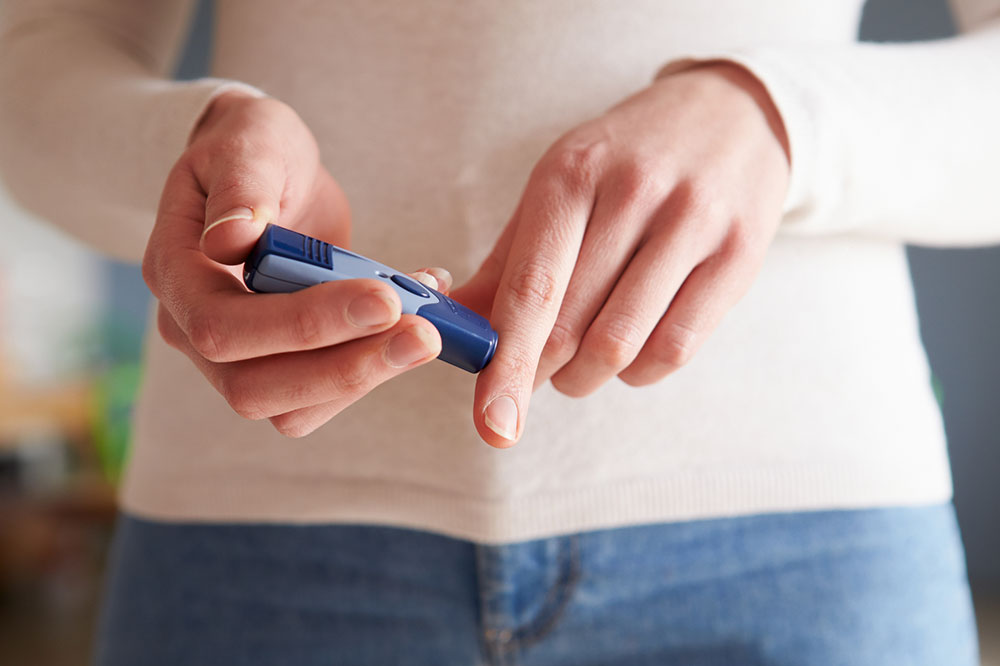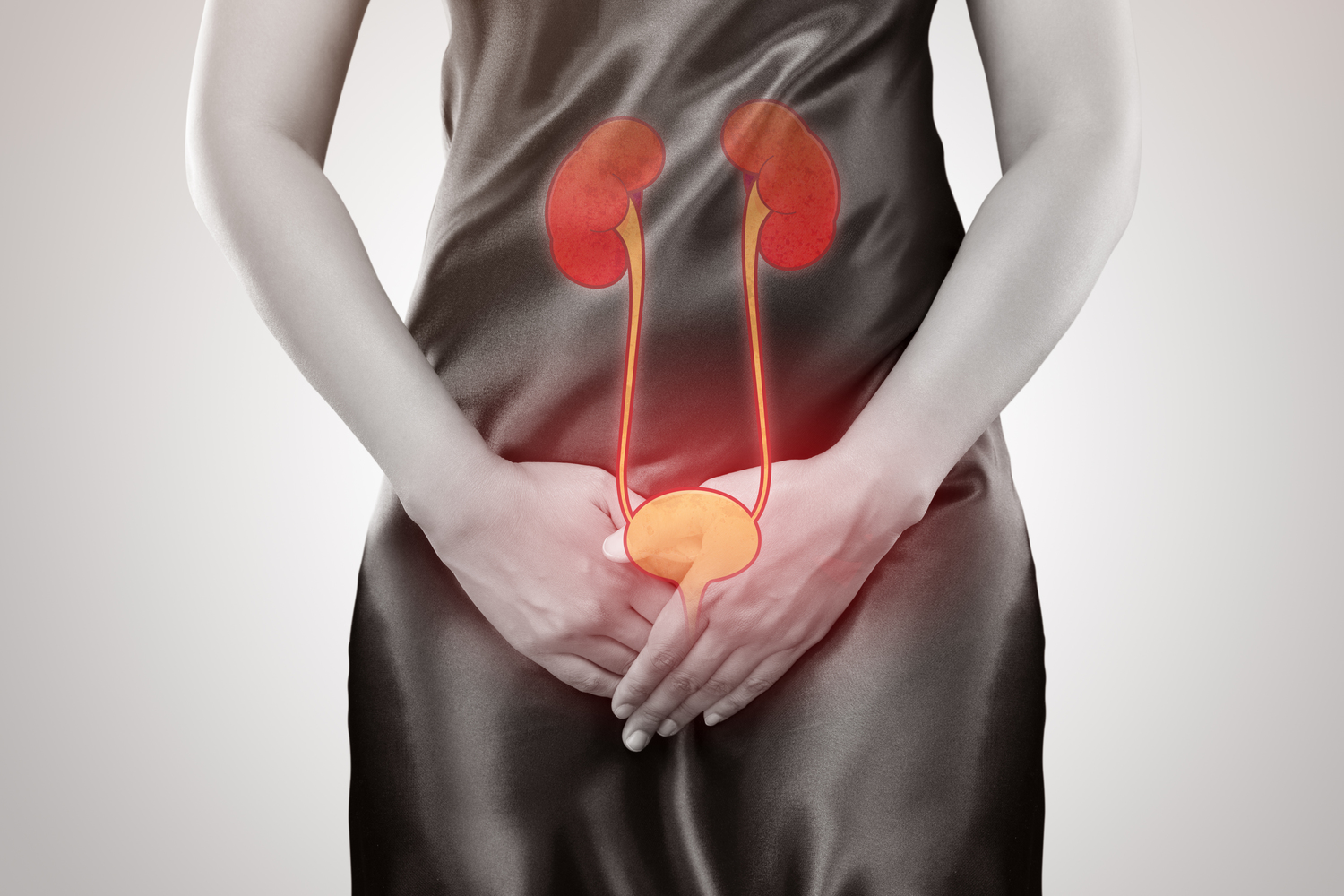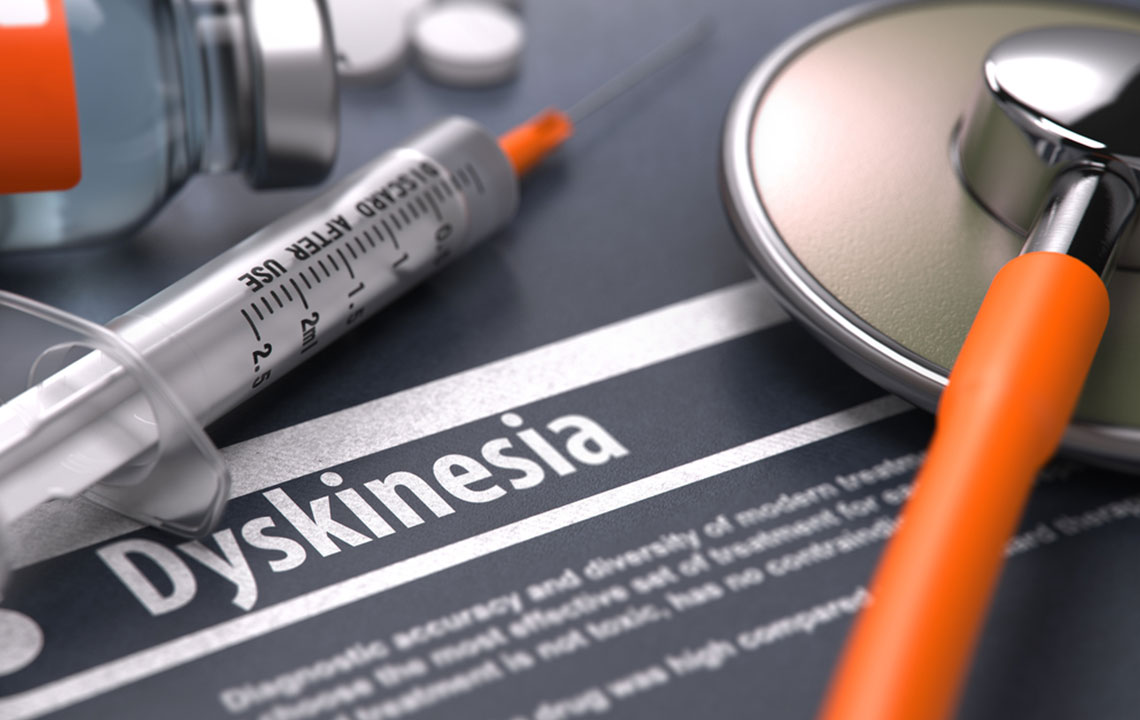Comprehensive Guide to Hypoglycemia: Causes, Symptoms, and Effective Management Strategies
This comprehensive article provides an in-depth overview of hypoglycemia, exploring its causes, symptoms, and effective management techniques. It emphasizes the importance of early recognition and preventive measures, including dietary habits and lifestyle modifications, to maintain stable blood sugar levels and prevent severe health complications. Suitable for individuals with diabetes or those at risk, the guide offers practical tips to help manage and avert episodes of low blood sugar.

Comprehensive Guide to Hypoglycemia: Causes, Symptoms, and Effective Management Strategies
Hypoglycemia, a medical condition widely recognized as low blood sugar, signifies a state where blood glucose levels drop below the normal range, typically under 70 mg/dL (3.8 mmol). This condition can pose serious health risks if not identified and managed promptly. When blood sugar levels fall too low, the body's cells are deprived of essential energy sources, leading to symptoms that can range from mild discomfort to life-threatening emergencies. Understanding hypoglycemia involves recognizing its causes, identifying its symptoms early, and implementing effective prevention and management strategies.
Understanding the Causes of Hypoglycemia
Hypoglycemia can occur due to a variety of reasons, often related to metabolic, hormonal, or organ-related factors. The primary causes of low blood sugar include:
Rapid glucose consumption: After eating, especially sugary foods, your body rapidly absorbs glucose, which, if not balanced with insulin or other hormones, can lead to a sudden drop in blood sugar.
Impaired glucose production by the liver: The liver plays a vital role in maintaining blood sugar levels by converting stored glycogen into glucose. Conditions like liver disease or depletion of glycogen stores can impair this process.
Delayed or insufficient glucose release: Sometimes, the liver may not release glucose into the bloodstream in a timely manner, especially during fasting or prolonged exercise.
Excessive insulin or insulin analogs: Overdose of insulin or use of insulin secretagogues can cause blood glucose to plummet, especially in diabetic individuals managing their condition.
Alcohol consumption: Excessive alcohol intake can interfere with the liver's ability to produce glucose through gluconeogenesis, leading to hypoglycemia, particularly when taken on an empty stomach.
Insulinoma or pancreatic tumors: Tumors associated with the pancreas can produce excess insulin, causing persistent hypoglycemia, often requiring medical intervention.
Hormonal deficiencies: Conditions such as adrenal insufficiency (low cortisol), hypothyroidism, or growth hormone deficiency can disturb glucose regulation.
Organ failure: The failure of key organs like the heart, liver, or kidneys impairs the body's ability to maintain blood sugar balance.
Severe infections: Sepsis and other severe infections trigger metabolic changes that can deplete glucose levels rapidly.
Recognizing the Symptoms of Hypoglycemia
Early recognition of hypoglycemia symptoms is crucial for timely intervention. The signs and symptoms vary from person to person but generally include:
Cardiac symptoms: Rapid heartbeat, palpitations, or chest tightness.
Mood and neurological changes: Sudden mood swings, irritability, confusion, and difficulty concentrating.
Fatigue and weakness: Feeling unusually tired, weak, or muscle weakness.
Anxiety and nervousness: Restlessness, feeling fearful, or a sense of impending doom.
Skin changes: Pale, clammy skin, often associated with sweating.
Headaches and dizziness: Mild to severe headache, dizziness, or feeling lightheaded.
Gastrointestinal issues: Hunger pangs, nausea, or abdominal discomfort.
Visual disturbances: Blurred vision or double vision.
Neurological symptoms: Tingling sensations, numbness, mild confusion, or difficulty speaking.
Severe symptoms: Loss of consciousness, seizures, and in extreme cases, coma.
Effective Prevention Strategies for Hypoglycemia
Preventing hypoglycemia is essential, especially for individuals with diabetes or other risk factors. Several lifestyle and dietary modifications can significantly reduce the likelihood of low blood sugar episodes:
Incorporate nuts into your diet: Nuts such as almonds, walnuts, pistachios, and cashews are rich in healthy fats, fiber, and protein. Consuming about six nuts on an empty stomach in the morning can help stabilize blood sugar levels by slowing glucose absorption, providing a steady energy supply.
Prioritize whole grains: Whole grains like oats, barley, buckwheat, and rye are packed with dietary fiber and beta-glucan, which delay carbohydrate absorption and prevent rapid spikes and subsequent drops in blood sugar. Balancing carbohydrate intake with fiber-rich foods supports sustained energy levels.
Eat plenty of vegetables: Non-starchy vegetables such as broccoli, spinach, kale, cucumbers, and carrots are excellent choices for maintaining blood glucose stability. Their high fiber and nutrient content also aid in overall metabolic health.
Maintain regular meal habits: Skipping meals or irregular eating patterns can lead to blood sugar fluctuations. Consuming balanced, nutrient-rich meals at regular intervals—such as a hearty breakfast, healthy lunches, and lighter dinners—helps prevent hypoglycemia. Incorporate healthy snacks like nuts or yogurt between meals for sustained energy.
Engage in consistent physical activity: Regular exercise, at least 30 minutes daily, enhances insulin sensitivity and promotes better glucose utilization. However, it's important to balance physical activity with dietary intake and monitor blood sugar levels, especially in individuals with diabetes.
Monitor blood sugar levels diligently: For people with diabetes, regular glucose monitoring is vital to detect early signs of hypoglycemia. Use glucose meters or continuous glucose monitors (CGMs) as recommended by healthcare professionals.
Limit alcohol intake: Alcohol can interfere with hepatic glucose production, especially when consumed on an empty stomach. Practice moderation and avoid excessive drinking to reduce hypoglycemia risk.
Stay hydrated and avoid prolonged fasting: Proper hydration supports metabolic processes, and avoiding fasting helps maintain stable blood sugar levels.
Seek medical attention when necessary: If you experience recurring episodes of hypoglycemia, consult your healthcare provider for comprehensive evaluation and tailored management plans.
In conclusion, understanding hypoglycemia, its causes, symptoms, and prevention strategies is vital for maintaining optimal health. Whether you have diabetes or are at risk due to other conditions, proactive lifestyle choices and medical vigilance can significantly reduce the chances of dangerous low blood sugar episodes. Always consult healthcare professionals for personalized advice tailored to your specific health needs.





